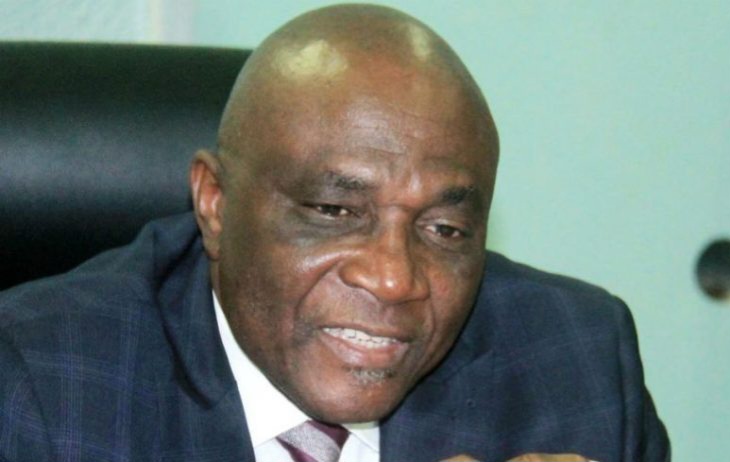Nigerian Government Responds to Human Rights Allegations from UK Trade Union Congress
In a recent development that has captured international attention, the Nigerian government has firmly refuted allegations of human rights violations made by the Trade Union Congress (TUC) in the United Kingdom. The controversy erupted following the travel restrictions imposed on Joe Ajaero, the President of the Nigerian Labour Congress (NLC), who was barred from leaving the country. This incident has raised questions about the state of civil liberties in Nigeria, particularly in the context of labor rights and government accountability.
Background of the Allegations
The accusations against the Nigerian government were brought to light during the ongoing TUC conference in London. The UK TUC leader highlighted Ajaero’s travel restrictions as a clear indication of human rights abuses occurring within Nigeria. This claim has sparked a broader discussion about the treatment of labor leaders and the rights of citizens in the country, prompting calls for international scrutiny.
Government’s Clarification
In response to the allegations, Bayo Onanuga, the Special Adviser to the President on Information & Strategy, issued a statement clarifying the circumstances surrounding Ajaero’s travel restrictions. According to the government, the measures taken against Ajaero were not politically motivated but were instead linked to his failure to respond to an invitation from Nigerian law enforcement. The government emphasized that the rule of law applies equally to all citizens, including union leaders, and that no one is above legal summons.
Onanuga’s statement drew parallels to high-profile investigations in the United States, where notable figures such as former President Donald Trump and Hunter Biden have faced legal scrutiny without claims of rights violations being raised. This comparison aimed to underscore the Nigerian government’s position that Ajaero’s situation is part of a legitimate legal process rather than an infringement on human rights.
Commitment to the Rule of Law
The Nigerian government reiterated its commitment to upholding the rule of law, asserting that the legal framework in Nigeria mirrors that of other democratic nations. The statement made it clear that while there may be disagreements between the government and labor unions regarding policy matters, there is always room for constructive dialogue. This assertion aims to quell fears of hostility towards the labor movement and to promote a collaborative approach to addressing economic and social issues.
Historical Context and Economic Implications
The government also took the opportunity to reflect on past instances where labor actions have impacted economic progress in Nigeria. For example, the opposition to the sale of government refineries has been cited as a factor that stifled economic development. By highlighting these historical contexts, the government seeks to frame its relationship with labor unions as one that is complex but ultimately aimed at fostering national growth.
A Vision for the Future
Concluding the statement, Onanuga reaffirmed Nigeria’s dedication to civil liberties and the protection of citizens’ rights. He emphasized that President Bola Tinubu, a known pro-democracy activist, is committed to upholding these rights while simultaneously pursuing economic policies designed to benefit the nation as a whole. This commitment to balancing civil liberties with economic development is crucial for Nigeria as it navigates its path forward in a rapidly changing global landscape.
Conclusion
The recent allegations of human rights violations against the Nigerian government have sparked a significant dialogue about the state of labor rights and civil liberties in the country. While the government has firmly rejected these claims, asserting its commitment to the rule of law and constructive engagement with labor unions, the situation underscores the ongoing challenges faced by Nigeria in balancing governance, economic development, and the protection of individual rights. As the international community watches closely, the Nigerian government’s actions in the coming months will be pivotal in shaping perceptions of its commitment to human rights and democratic principles.
